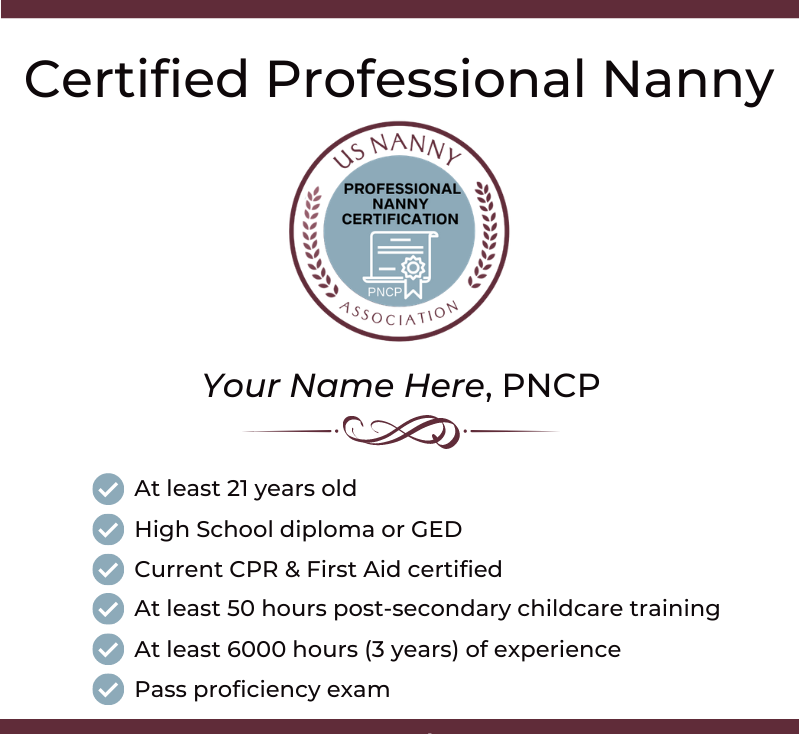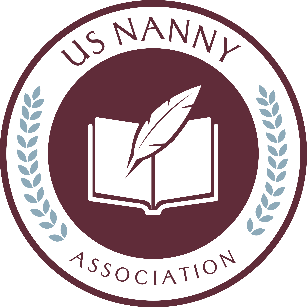The Ultimate Guide to Navigating Food Allergies: A Must-Have for Parents and Nannies
When it comes to childcare and early child development, nothing is more important than ensuring a safe and nurturing environment. And with food allergies on the rise, it’s crucial for parents and nannies to have the knowledge and tools to manage them effectively. That’s why I’m thrilled to share this comprehensive guide on food allergies, tailored specifically for parents and nannies. In this article, you’ll find everything you need to know about understanding, recognizing, and managing food allergies, along with essential tips on collaboration and communication between parents and nannies. With this guide, you can keep children safe and healthy while providing them with the love and care they deserve.
Section 1: Understanding Food Allergies
1.1. The Basics Made Easy
Discover the essential facts about food allergies, including common allergens and why they can be dangerous for children. By understanding the basics, you can be better equipped to protect your child’s well-being.
1.2. Spotting Allergic Reactions
Learn to identify the signs of an allergic reaction, from mild symptoms to life-threatening anaphylaxis. Knowing how to recognize these reactions quickly can make all the difference in keeping your child safe.
Section 2: Managing Food Allergies
2.1. Creating a Safety Plan
Collaborate with your nanny to create an allergy action plan that ensures everyone is on the same page. This plan will include important information, emergency contacts, and clear instructions on how to respond to an allergic reaction.
2.2. Mastering Safe Food Handling
Equip your nanny with the knowledge and skills to handle food safely. From reading labels and preventing cross-contamination to understanding proper food preparation techniques, your nanny will have the tools to minimize allergen exposure.
2.3. Emergency Procedures and Epinephrine Use
In case of a severe allergic reaction, it’s crucial for both parents and nannies to know how to administer epinephrine and follow the emergency procedures outlined in the allergy action plan. Being prepared can save a life.
Section 3: Collaboration and Communication
3.1. The Power of Open Communication
Discover the importance of open and transparent communication between parents and nannies when it comes to managing food allergies. By sharing vital information and addressing concerns promptly, you can ensure the best care for your child.
3.2. Planning Safe Meals
Work together with your nanny to create delicious, allergy-friendly meals that your child will love. With shared meal planning and preparation, you can ensure that every bite is safe and enjoyable for your little one.
3.3. Empowering through Education
Invest in your nanny’s training on food allergies, including recognizing allergic reactions, administering first aid, and using epinephrine when necessary. By empowering your nanny with knowledge, you can both face any challenge with confidence.
Managing food allergies is a joint effort between parents and nannies, with both parties playing a crucial role in keeping children safe and healthy. This guide has equipped you with the knowledge and strategies needed to navigate food allergies successfully. By fostering open communication, collaborating in meal planning and preparation, and investing in ongoing education and training, you can create a secure and nurturing environment for your child. Together, parents and nannies can provide the love, care, and normalcy that every child deserves, even in the face of food allergies.
The US Nanny Association provide the highest certification requirements in our industry. You can learn more about get certified as a Nanny, Newborn and Infant Specialist or Professional Nanny.

We want to thank all the nannies, advocates and business leaders who provide practical tips and insight to elevate our industry. Thank you for sharing your expertise.
The US Nanny Association issues the highest certification requirements in our industry as they require training, work experience, passing an industry exam, a background check and current CPR and First Aid:
- Certified Nanny
- Certified Newborn and Infant Professional
- Certified Professional Nanny
